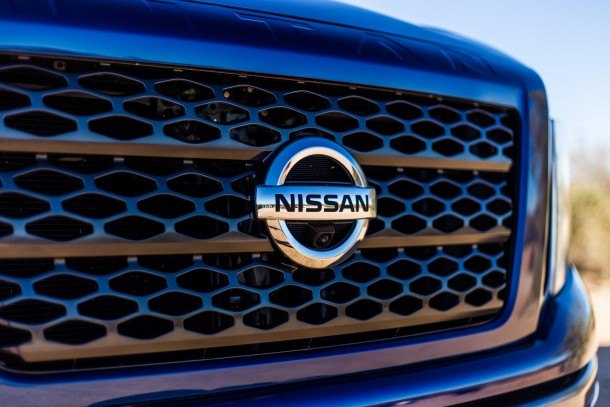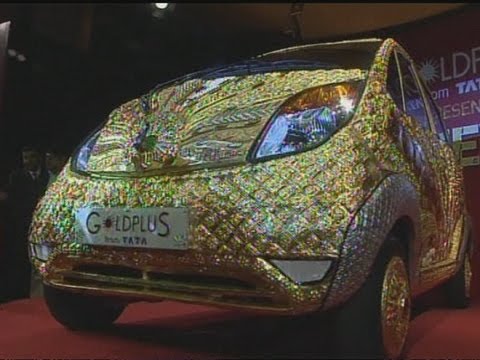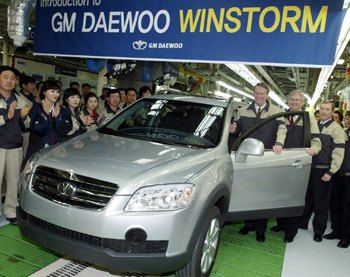#DevelopingMarkets
India's Auto Market Also Sucks
We’ve spent the better part of 2019 describing how unwell the automotive markets of China, Europe and North America have become, which might accidentally lead some to believe that most other markets are performing better. While Brazil expects continued expansion and a presumably healthy 2019, its rosy outlook is unique.
Japan saw a modest decline in registrations (just 0.3 percent) through the first half of the year, while Russia recorded slippage of 2.4 percent. But figures from India were far worse. In fact, the country is looking at the biggest sales slump in almost twenty years. Early estimates suggest passenger vehicle registrations may have plunged as much as 30 percent in July, after falling 17.5 percent just a month earlier. Most annual outlooks forecast a double-digit decline in overall sales.
Ghosn on the March: What Does an Alliance Mean for Nissan and Mitsubishi?
Yesterday’s news that Nissan will buy a 34-percent controlling stake in Mitsubishi for $2.2 billion was the latest win for Carlos Ghosn, the man behind the Renault-Nissan Alliance of 1999 and possessor of many fingers in many pies.
Ghosn, CEO of both Nissan and Renault, inked the agreement with Mitsubishi as the other automaker battles a misleading gas-mileage scandal. At a price of 468.52 yen/share, Ghosn’s purchase of new shares was a smoking deal. Mitsubishi shares traded for 1,100 yen just last December.
What becomes of the two companies now? And how will Ghosn’s world-straddling empire benefit by snapping up beleaguered Mitsubishi?
The Nano No-No: Export Launch Delayed Over… High Price?
Designed to be the world’s cheapest car, the Tata Nano is supposed to compete with scooters and three-wheelers rather than full-priced, global-brand vehicles. But the Nano has already seen several price increases since the target MSRP of $2,500 was announced, and the price in India for a base-level Nano is now about $2,870. And when you talk about such low prices, even small increases can wreak havoc on expected volumes, and as a result the Nano is turning into something of a flop (helped along by its pyromania problem).
Out Of Africa, A Car For Africa
In the auto industry, as in so many other areas, Africa is something of a forgotten continent. Without the new roads and emerging middle class of a China, the most underdeveloped part of the developing world tends to fly under the radar: for example, until I read a Financial Times piece on an airplane, I had no idea that South Africa’s auto industry was booming. And now, here’s another story that isn’t getting much play in the mainstream of the auto world: Mobius, a Mombasa, Kenya-based firm has built a prototype vehicle that it hopes will be the Model T of Africa, providing robust, low-cost transportation to a continent that is not taken seriously as a market by the global car business.
GM-Daewoo: No Bailout Needed. For Now. Maybe.
It’s not that GM’s Korean Daewoo division doesn’t need more money. The problem is that the only bank willing to lend a dime, the Korean Development Bank, wants strings attached. Since GM came up with the cash to buy up Daewoo’s $413m rights offering, it says Daewoo is out of trouble for two more years. Or 18 months… depending on that troublesome global car market. Meanwhile, GM-Daewoo’s $5b worth of forward contracts will burn up $300m in cash every month, as the debt matures. Although KDB and GM-Daewoo’s other lenders refuse to roll any of that debt forward and have been firm about enacting safeguards before loaning the automaker more money, GM’s Nick Reilly says Daewoo can now negotiate from a position of relative strength. Emphasis on relative.


















Recent Comments